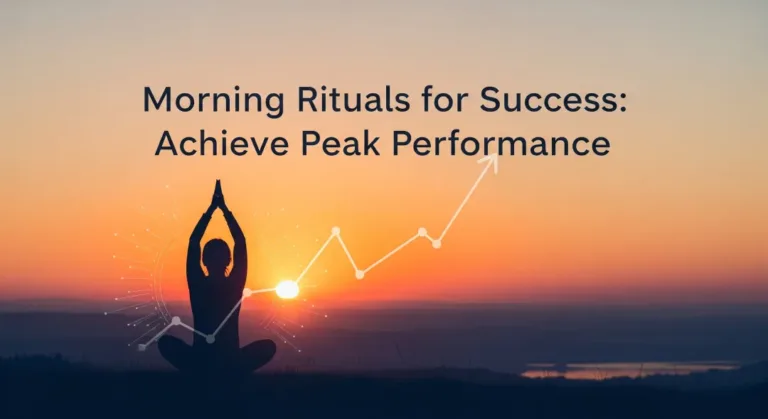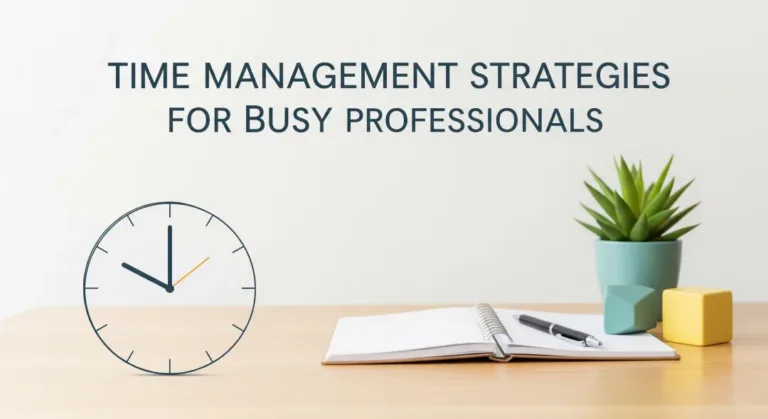We’re going to learn about seven signs. You are emotionally intelligent. Now, let’s begin.
1. Striving for Improvement
Leaders counselors and psychologists have long wondered. What’s the best way to teach emotional intelligence? dozens of educational strategies have surfaced in the past. One popular technique focuses on individual weaknesses. It forces people to address their own failures, but Instead of increasing emotional intelligence this technique makes people defensive, their self-awareness decreases and their perspective becomes even more shallow. A recent report in the Harvard Business Review revealed a much more effective strategy to teach emotional intelligence.
The key is self-exploration instead of focusing on your weaknesses. Experts recommend exploring your hopes and challenging your fears by striving for self-improvement. You can broaden In your perspective you discover new facets of your personality and most importantly learn how to empathize with yourself. So take just a minute to ask yourself. How well do I know myself? Do I spend time on a regular basis exploring my individuality? These questions can be really difficult to answer. So here’s a helpful trick: if you realize that you have a lot to learn you already have your answer. The simple fact is you’re much more emotionally intelligent.
2. The Power of a Pause
Then you think of the power of a pause: countless people with high emotional intelligence share one powerful habit. Imagine your friend asks you an emotional question. Like what do you think of me? Like this is loaded with pitfalls. Should you give an honest answer, should you tell your friend what they want to hear and why are they asking this question in the first place? Well, most of the time people don’t think about what they say. Say when a difficult question comes their way, they answer immediately that’s like swinging at a baseball with your eyes closed. It’s inaccurate.
It’s unreliable and it’s a terrible way to hit a homerun. That’s why emotionally intelligent people take a moment to process when they’re given a big question. They consider their answer from all angles. They reflect on their own feelings and consider their friend’s feelings too in this brief moment of silence emotionally intelligent people.
Alternate quick and Reckless answers into something honest and thoughtful; this pause is also a sign of emotional control. If you answer without thinking your emotions have control over you, those strong feelings push the words out of your mouth before you have a chance to think but if you pause before you speak you are in control. Oh and that’s not all this moment of silence shows that you’re also empathetic. You understand that your words have a National impact on the people around you so you’re careful and considerate with the things you say.
Not only does this spare you from many embarrassing moments. It also strengthens your relationships. Impulsive emotions rarely reflect. Your genuine feelings, off-the-cuff comments can easily damage friendships and relationships. However, if you’re careful with your words people value the things you say in the long run this forms deeper bonds and mutual respect. So pay attention.
The next time someone asks you a challenging question. Do you say the first thing that pops into your head or do you take a second for yourself? If you know the power of a pause you may be an emotionally intelligent person.
3. Emotional Labeling
Number three emotional labeling. Can you identify your own emotions? Emotionally intelligent people have a broad vocabulary for their own feelings. When any emotion washes over them, they can pinpoint that feeling in a way that most Most people can’t okay. Let’s say you just won an award you’re standing on stage staring at a crowd clapping just for you.
How does that make you feel someone with low emotional intelligence might say they feel good? But an emotionally intelligent person would describe that feeling very differently. They identify Pride relief and maybe a little bit of embarrassment if you have high emotional intelligence, you can recognize a detailed spectrum of emotions.
Both positive and negative Your mind emotions are far more complicated than just good and bad your high emotional intelligence Zooms in on the tiny nuances that differentiate Anger from frustration or happiness from excitement that skillset extends beyond your own brain when you can label complex emotions in yourself, you can identify the same emotions and others often times as an emotionally intelligent person. You understand people’s emotions better than they do. When they’re feeling good or bad, you’re the one who works out for them. You understand what’s really happening under the surface, even if they don’t think that right? There is the essence of emotional intelligence.
4. Transformational Leadership
Number for transformational leadership. Have you ever met someone whose Vision inspired you to perform at your best according to a 2000 study in the leadership and organization development Journal transformational leaders are some of the most powerful roles.
In our society, they instigate change that unites communities. They promote a sense of identity by challenging you to take possession of your accomplishments. Transformational leaders are adaptable, self-disciplined and most of all, they’re emotionally intelligent. The goal of any transformational leader is simple: they motivate groups of people by activating their sense of self. Oh, maybe it’s a team of co-workers in the office or a crowd of volunteers showing up for a good Good, cause whatever the situation transformational leaders Inspire others to push above and beyond they connect with individuals on an emotional level and that connection draws attention from other people their followers learn to admire and respect transformational leaders, because their leaders return the favor, they put their faith in their followers by giving them autonomy and responsibility. They understand the strengths and weaknesses of their followers. They encourage
Personally invest in every project because that investment drives their performance. All of these skills require an incredible amount of emotional intelligence to be a transformational leader. You have to connect with people, you have to understand people and you have to Value their input. According to the Harvard Business Review transformational leaders stand at the forefront of modern industry. Not only does this interpersonal style increase performance. It also encourages an Of attitude in the workplace, but there are transformational leaders outside the professional world too in classrooms and friend groups, even in relationships transformational leaders use their emotional intelligence to bring the best out of others. So if you try to inspire people if you collaborate with others to create change, you’re not just a natural leader. You’re also emotionally intelligent.
5. Explaining Your Critiques
Number five explaining your critiques. Most people don’t
Know how to give feedback their critiques come off as insults or personal attacks. Why is that because they rarely consider the impact their opinions have on others as an emotionally intelligent person. You’re a constructive critic, you recognize the failures of others, but you address those failures in uplifting and meaningful ways when you supply feedback to a co-worker friend or partner, your goal is never to kick them when they’re down instead you use Critiques to motivate and encourage others, but what separates an insult from constructive feedback while tone phrasing and timing all play a role. The biggest difference is that you explain your opinions in detail. If a co-worker’s being lazy, you don’t attack their work ethic, you explain why you think their productivity is suffering. Emotionally intelligent people turn every critique into a meaningful conversation. You don’t tell people their flaws, you help them improve.
6. Careful Commitments
Number 6 careful commitments. How often do you break your promises? Do you make commitments to people without thinking people with low emotional intelligence stretch themselves too thin they’re scared to say no so they make commitments to everyone but in the end they find themselves backed into a corner. These broken promises cause permanent damage to your friendships and relationships. That’s why as an emotionally intelligent person you’re careful with
Commitments if a friend asks you for a favor. You don’t say yes right away you ask them for some time to think you step away and give yourself some perspective once you know for sure you can keep that promise only then do you make a firm commitment to someone in the long run this careful routine Builds an incredible amount of trust between friends and partners saying no is uncomfortable in the moment, but it’s the most considerate option in the long run breaking promises is never the right. Right answer so if you’re careful. Your commitments if you’re not afraid to say no, then you have high emotional intelligence.
7. Deciphering Strangers
Number 7 deciphering strangers. Do you have a knife or honest and genuine people? Emotional intelligence makes you a shrewd judge of character in just a few minutes. You can decipher almost anyone you pick up on small vocal Clues you recognize little changes in body language. You understand subtext better than anyone with high emotional intelligence. Since you can read any stranger like a book just imagine you’re interviewing a new hire at your company, interviews often bring out the worst in people. Interviewees will fabricate a fake personality just to get on the interviewer’s good side, but emotionally intelligent people can see right through this facade. So why is that because emotionally intelligent people pay attention to the little things you can identify a wide array of specific feelings, which
Purely recognize nuanced emotions. In other people. You can always tell when an emotion is genuine and when it isn’t, so if you’ve got a good eye for people you may have more emotional intelligence than most.




Hello this is a test comment